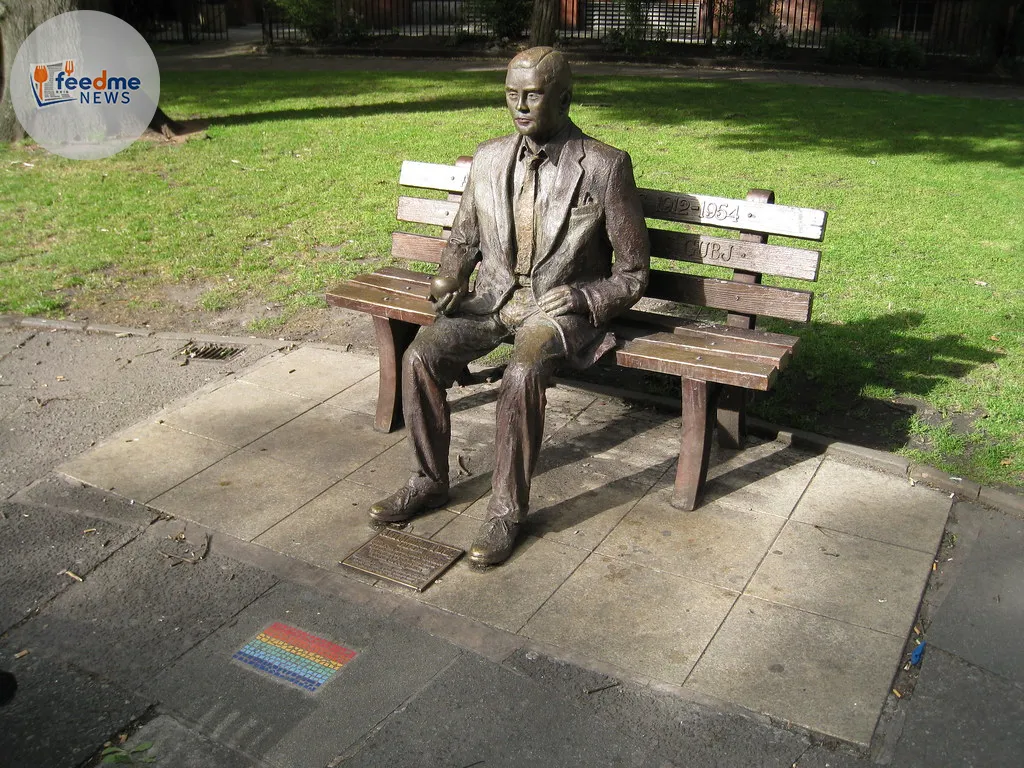The Alan Turing Institute, once a beacon of artificial intelligence (AI) research in the UK, is now grappling with significant internal discord. Staff members have raised concerns about the institute’s future, fearing an impending collapse due to a shift in focus demanded by government ministers. The institute, established in 2014 to honour the legacy of AI pioneer Alan Turing, is now at a crossroads as it faces pressure to pivot towards defence and security projects.
Growing Concerns Over Directional Shift
The institute has been a cornerstone of AI research in the UK, renowned for its contributions to various fields, including data science and machine learning. However, recent demands from government ministers to redirect its focus towards defence and security have sparked unease among its researchers. These changes are perceived as a departure from its original mission of fostering open, innovative research.
An anonymous whistleblower within the institute has expressed fears that the shift could undermine its core values and lead to a decline in its research quality. “We are not a defence agency,” the whistleblower stated. “Our work has always been about pushing the boundaries of knowledge, not serving narrow interests.”

Funding Challenges Add to the Strain
The institute’s financial stability has also come under scrutiny. Despite its prestigious standing, securing sustainable funding has become increasingly challenging. The UK government’s recent emphasis on defence-related projects has led to concerns that resources may be diverted from fundamental research areas.
Experts suggest that this funding redirection could stifle innovation. Dr. Emily Carter, an AI ethics specialist, remarked, “While defence applications are important, they should not overshadow the broader spectrum of AI research. Funding must be balanced to maintain the institute’s integrity.”
Impact on Staff and Morale
The ongoing turmoil has taken a toll on staff morale. Researchers have expressed frustration over the lack of clarity and communication regarding the institute’s future direction. Some fear that the current trajectory could lead to a talent exodus, as researchers seek environments more aligned with their academic pursuits.
A senior researcher, who wished to remain anonymous, shared, “We joined the Alan Turing Institute because of its commitment to groundbreaking research. This shift feels like a betrayal of that promise.”
Historical Context and Legacy
The Alan Turing Institute was conceived as a tribute to Alan Turing, a visionary figure in computing and AI. Turing’s legacy is one of innovation and intellectual curiosity, qualities that the institute has strived to embody since its inception. However, the current crisis raises questions about how well the institute can uphold these principles in the face of external pressures.
Professor James Walker, a historian of science, noted, “Turing’s work was characterised by its breadth and ambition. The institute must consider whether its new direction aligns with Turing’s spirit of exploration.”
Future Prospects and Potential Solutions
As the institute navigates this tumultuous period, stakeholders are calling for a reevaluation of its strategic goals. Some suggest that a balanced approach, incorporating both fundamental and applied research, could safeguard its future. Engaging with a wider array of stakeholders, including academia, industry, and the public, may also help realign the institute with its founding mission.
Dr. Carter emphasised, “Collaboration across sectors can ensure that the institute remains a leader in AI research while addressing national priorities. It’s about finding synergy, not sacrificing one for the other.”
The situation at the Alan Turing Institute highlights the broader challenges faced by research institutions in balancing government expectations with academic freedom. As the institute seeks to redefine its path, its trajectory will likely serve as a case study for other organisations navigating similar pressures.
In conclusion, the future of the Alan Turing Institute remains uncertain as it confronts funding challenges and a potential shift in focus. The coming months will be crucial in determining whether it can reconcile its original mission with new demands, ensuring that it continues to honour the legacy of its namesake while remaining a global leader in AI research.






